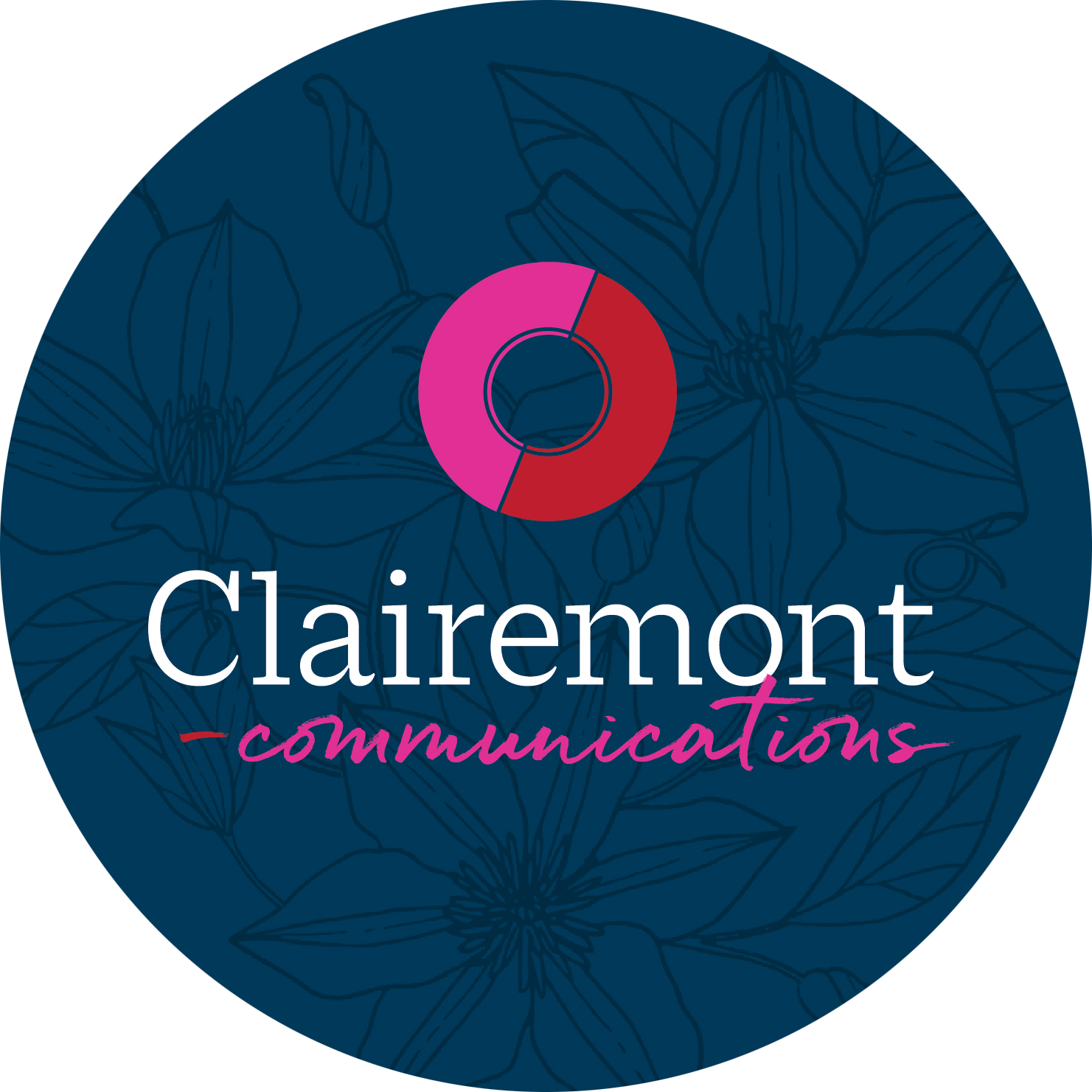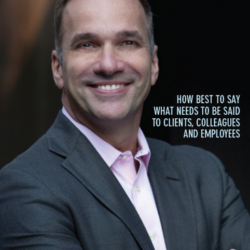When you think about the personality of a PR professional, you probably envision an extrovert who isn’t afraid to speak their mind. While this is often the case, Alan Cohen says they can also be “some of the most non-confrontational people on earth.” I don’t know about you, but on a personal level I completely agree with this statement. Yes, I am a people pleaser and love getting results for my clients, but when it comes to confrontation there’s nothing I dread more and look to avoid.
It’s for this very reason that I was eager to read Alan Cohen’s book, Those Difficult Talks for PR Pros. Not only is it an easy read, but Cohen offers some great advice on how to tackle the tough talks and explains that they don’t have to be conflict ridden or uncomfortable.
Self Evaluation Before embarking on any important or potentially uncomfortable conversation, Cohen suggests we take a closer look at ourselves and determine how well prepared we are to have the tough talks. The book features a list of questions to help guide you through the thought process and reveal areas you might need to address internally before you sit down to discuss issues with another person.
Two-Way Communication One of the underlying themes in the book is two-way communication. Cohen first quotes Truman Capote who said, “A conversation is a dialogue, not a monologue,” and later references Canadian writer Margaret Millar who once said, “most conversations are simply monologues delivered in the presence of a witness.”
It’s important to approach the difficult talks as a conversation because both parties need to openly discuss and address an important gap in expectation, behavior or performance. This will allow both parties the opportunity to find a solution to the issue and work together to develop a plan that is a win for everyone involved.
Preparation is Key This may seem obvious – especially when it comes to folks in PR who typically love to develop a plan – but when it comes to the tough talks, planning is often overlooked according to Cohen.
To make sure readers are prepared for their next difficult talk, Cohen offers up a prep checklist. He suggests reflecting upon the current situation and thinking through nine steps, including how you are experiencing the situation, how is it impacting your core values and what are some possible solutions and next steps.
One step I found to be particularly helpful is reflecting on what you could do to take greater personal responsibility. This forces you to view the issue from both perspectives and explore areas where you might need to take more responsibility for your actions. Think about it. All too often when conflict arises the finger pointing begins. Cohen’s checklist will help you reframe your thinking.
I recommend this book to anyone, no matter how comfortable or uncomfortable you are when it comes to the difficult talks. Whether you purposely dodge these conversations or consider yourself to be a seasoned pro, I am willing to bet that you will find a tip or two that you can put to use the next time you face a difficult talk.
Looking for more suggestions for your summer reading list? Check out Clairemont’s other book reviews.



